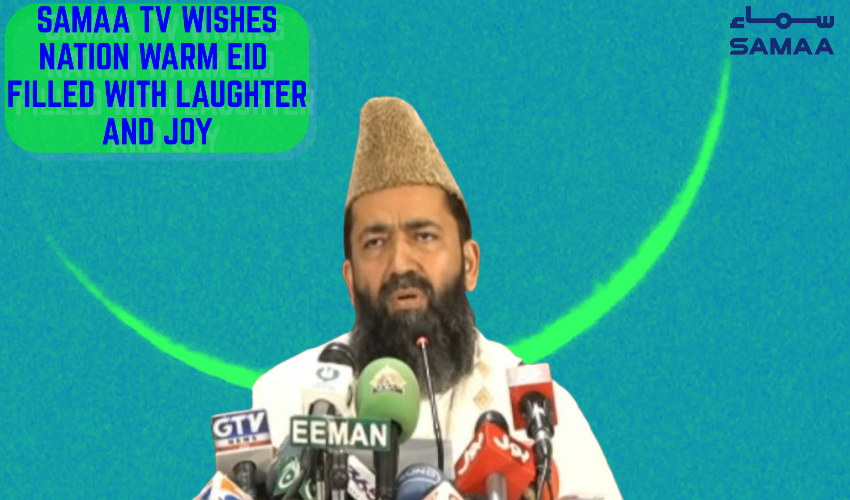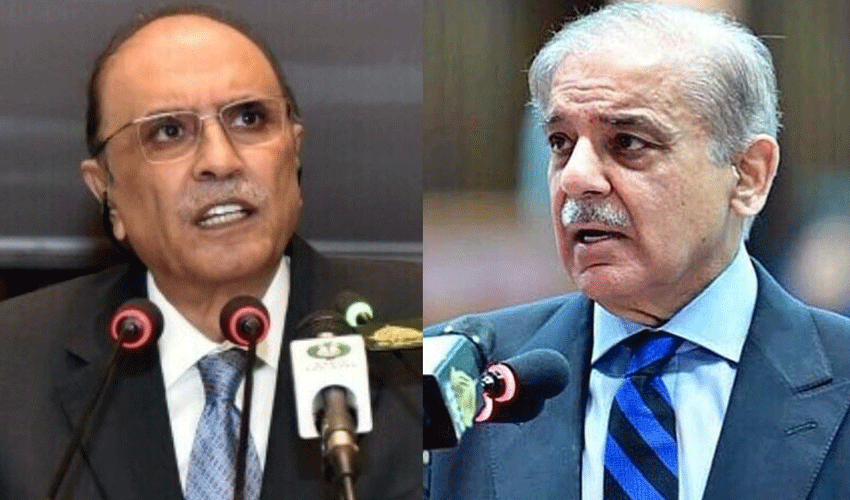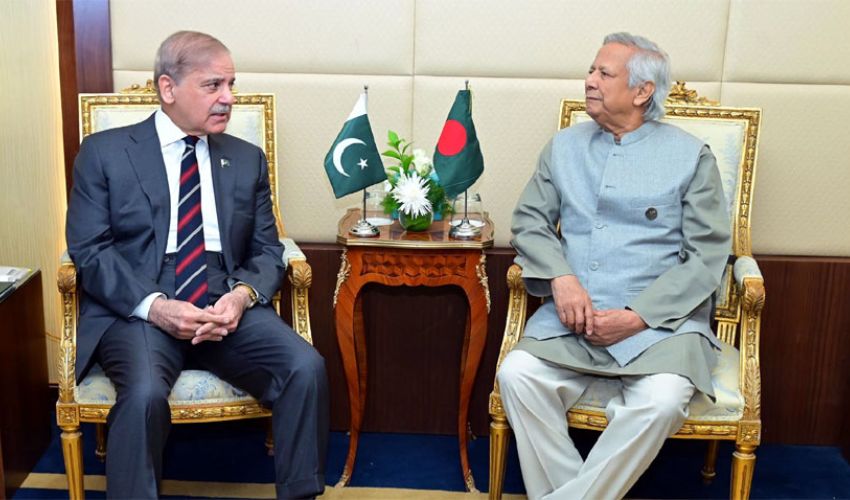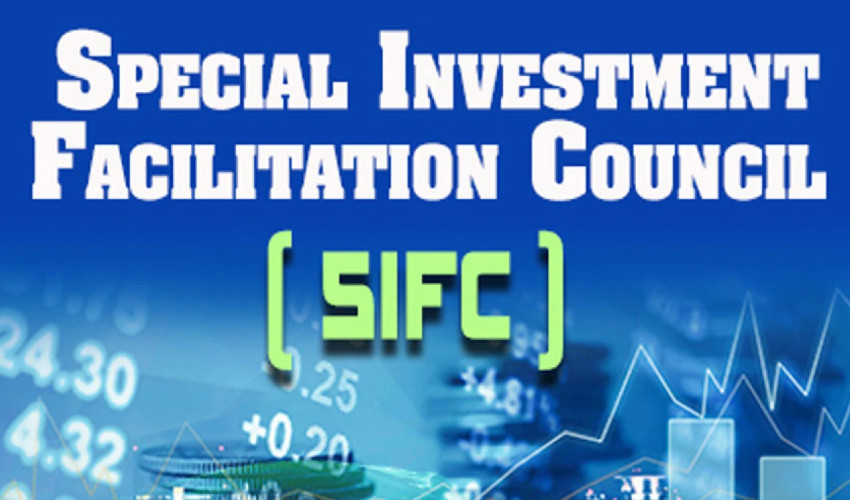The federal government’s recent decision to ban the Pakistan Tehreek-e-Insaf (PTI) has ignited backlash from other political parties, who view the move as a serious affront to democracy.
It should be noted that the federal government has decided to file a review appeal against the decision of the Supreme Court on reserved seats and ban Pakistan Tehreek-e-Insaf (PTI).
Federal Information Minister Atta Tarar announced plans to file a review appeal with the Supreme Court concerning the ban on PTI and certain electoral seats.
Jamaat-e-Islami
Liaquat Baloch, Acting Ameer of Jamaat-e-Islami, condemned the government’s decision during a press conference in Mansoorah, describing it as a “mockery of the constitution, democracy, and the parliamentary system.”
He criticized the government for what he termed “negative politics,” asserting that a controversial and unrepresentative government has no right to ban any political party.
Baloch emphasized that such undemocratic tactics pose a significant threat to both the constitution and democracy in Pakistan. He warned that the announcement would likely lead to increased instability and negative consequences for the country.
On the other hand, Jamaat-e-Islami (JI) Emir Hafiz Naeemur Rehman on Monday said that the decision to ban the Pakistan Tehreek-e-Insaf (PTI) reflects "fascism."
Reacting to the government’s decision to ban the PTI, Rehman said: “There is no room for such decisions in democratic societies. There exist both the constitution and courts in this country.”
He took a dig at the government, saying, “Only the political parties with the dictatorial mindset can think this way.”
Jamiat Ulema Islam
Maulana Fazlur Rahman, chief of Jamiat Ulema Islam (JUI), has asserted that to address the ongoing political crisis, the establishment must distance itself from politics. He emphasized that using force against political entities will only exacerbate the existing turmoil.
Fazlur Rahman noted that if all institutions adhere to their constitutional boundaries, the country can begin to heal. He urged authorities to recognize that the current hybrid system has failed, insisting that the key to resolving the nation’s issues lies in holding transparent elections.
Awam Pakistan Party
Former Prime Minister and Awam Pakistan Party convener Shahid Khaqan Abbasi responded to the government's announcement of banning the Pakistan Tehreek-e-Insaf (PTI) during a recent press conference. He questioned the intent behind the ban, pointing out that it follows a court ruling and highlighting the government's inaction since the events of May 9.
Abbasi remarked that while the PTI's founder may have made mistakes, repeating those errors could escalate tensions, particularly regarding Article 6, which could have widespread implications. He asserted that the government lacks the authority to ban a political party.
Instead of fostering unity, he accused the government of sowing division and asked, "In which direction are you taking the country?" He criticized the timing of the announcement and the manner in which it was presented, suggesting it could provoke clashes between institutions.
Qaumi Watan Party
The Qaumi Watan Party has condemned the government's decision to ban the Pakistan Tehreek-e-Insaf (PTI), labeling it as non-political and undemocratic. Aftab Sherpao, Chairman of the Qaumi Watan Party, warned that such actions will lead to increased political instability in the country.
In his statement, Sherpao emphasized that the ban could ignite political chaos, which would be detrimental to Pakistan. He cautioned that hasty decisions rarely result in positive outcomes and argued that political opposition should remain within the political arena. He concluded by noting that banning any political party will have far-reaching negative consequences.
Balochistan National Party (BNP)
Sardar Akhtar Mengal, chief of the Balochistan National Party (BNP), has expressed strong opposition to the government's decision to ban the Pakistan Tehreek-e-Insaf (PTI). He noted that banning political parties is not a new phenomenon, recalling that the National Awami Party was similarly banned in 1973. Mengal emphasized that such measures do not solve the underlying problems.
He criticised the government's apparent confusion following the Supreme Court's decision and argued that if there is to be a crackdown, it should apply to all political parties equally. Mengal lamented that politicians have not learned from past mistakes, underscoring the need for more thoughtful approaches to political issues.
Human Rights Commission of Pakistan
The Human Rights Commission of Pakistan (HRCP) has called for the immediate withdrawal of the government’s ban on the Pakistan Tehreek-e-Insaf (PTI). In a statement, HRCP Chairperson Asad Iqbal Butt emphasized that the PTI is a legitimate political party and warned that the ban could lead to significant political chaos and violence.
Butt expressed that the government's decision has dealt a severe blow to democratic principles, potentially fostering widespread political frustration. He highlighted that the ban represents a clear violation of rights under Article 17 of the Constitution, labeling it unconstitutional. The HRCP demands that the government rescind this decision without delay to uphold democratic values.



























